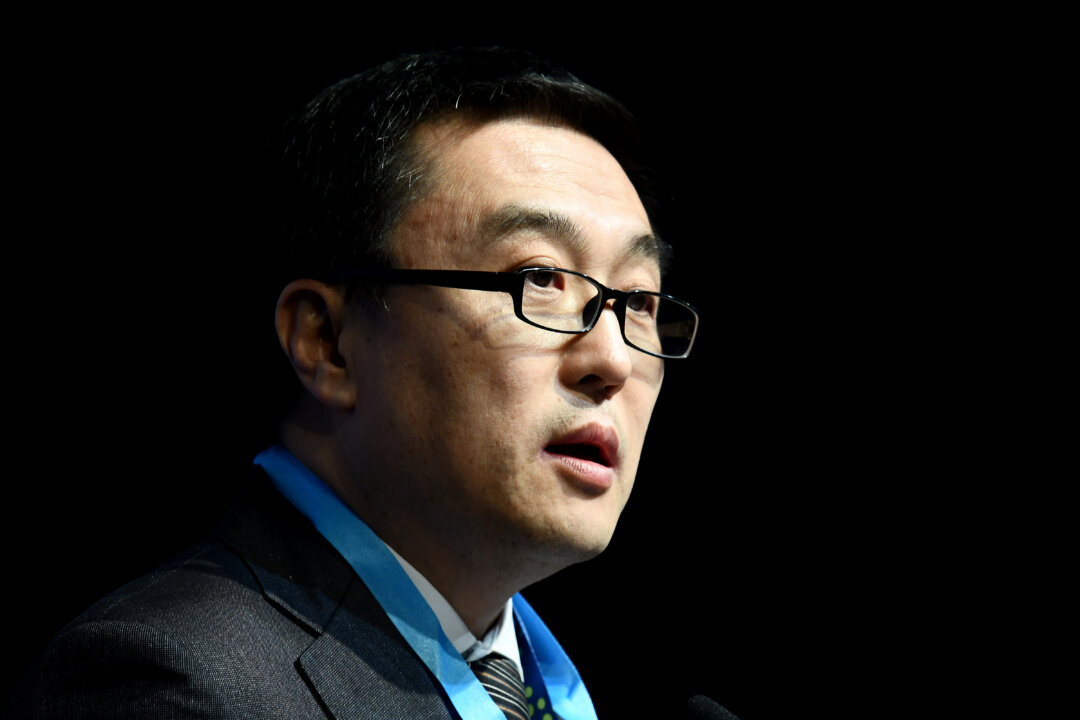Wang Xiaolong calls the allegations—which came from the security and foreign ministers, the Prime Minister and the GCSB—‘groundless and irresponsible.’
Beijing’s most senior representative in New Zealand, Ambassador Wang Xiaolong, has denied allegations that a CCP-backed specialist hacking unit, known as APT40, breached security at Parliamentary Services, the Parliamentary Counsel’s office, and the Electoral Commission in 2021.
All three agencies hold confidential information on proposed government policies, MPs and their staff, and—in the case of the Commission—information on every New Zealander of voting age, including a confidential “closed roll” of names and addresses.
In this role, employees of NZ’s security services would be listed, along with some police and political figures, depending on the perceived threat levels.
On the morning of March 26, a second cyber attack on New Zealand in 2021, in addition to the one reported now which had earlier been revealed that same year, was confirmed by Government Communications Security Bureau (GCSB) Director Andrew Clark and National Cybersecurity Centre (NCSC) head, Lisa Fong.
Prime Minister Chris Luxon, Foreign Affairs Minister Winston Peters, Security Minister Judith Collins, and other senior government figures reiterated this information.
However, NCSC’s Ms. Fong said there is nothing to suggest New Zealand’s election was compromised in any way.
China the Victim, Not the Perpetrator: Ambassador
Ambassador Wang Xiaolong said that China was the victim, not the perpetrator, of cyber attacks, dismissing the allegations made by the New Zealand security community as “groundless and irresponsible,” emphasising Beijing’s rejection of any involvement.
Foreign Minister Winston Peters confirmed that New Zealand’s concerns had been conveyed to Mr. Wang through the Ministry of Foreign Affairs and Trade. The announcement suggested that the ambassador had not been summoned for a meeting with the minister, which would have signified a more serious reprimand.
In an unusual move, the embassy escalated the dispute beyond a war of words.
“[We] have lodged serious démarches [a formal appeal or protest] to New Zealand’s relevant authorities, expressing strong dissatisfaction and resolute opposition,” Mr. Wang said.
Positioning Beijing as a defender, rather than a persistent attacker of cyber security, he claimed: “We have firmly fought and stopped all kinds of malicious cyber activities in accordance with the law, and advocated joint response from all countries through dialogue and cooperation.”
‘A Model of Mutual Respect’
He urged his host country New Zealand to “practice the letter and spirit of its longstanding and proud independent foreign policy” instead of “blindly following others’ words and actions at the expense of its own credibility and interests.”
Just six days ago, Ambassador Wang told the Global Times—an offshoot of the CCP-controlled People’s Daily—that Beijing wanted to capitalise on the “deepening political mutual trust” and “further elevate the comprehensive strategic partnership” between the two countries.
China-New Zealand relations had become a “model of mutual respect and win-win cooperation between countries with different systems, civilizations, and sizes,” he said.

